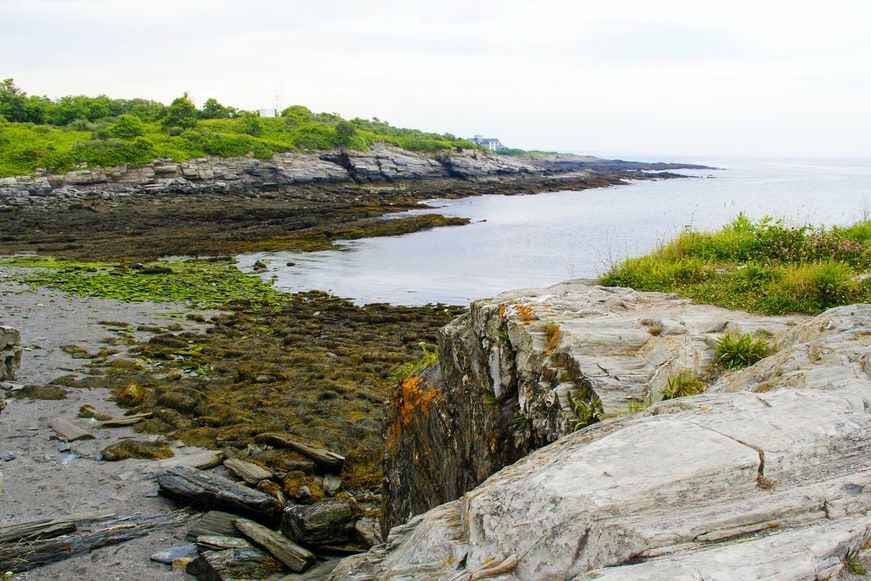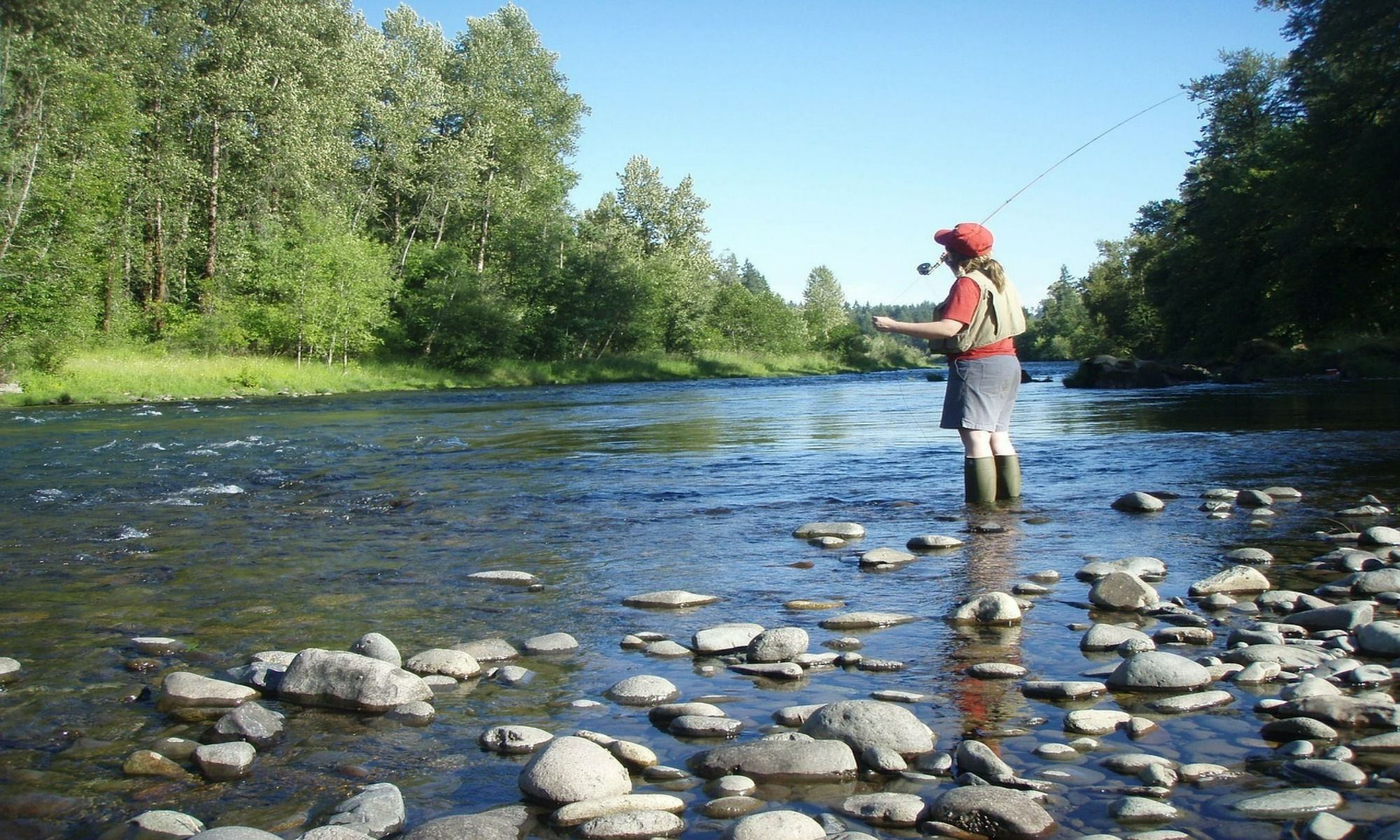Aiken, SC Fishing: All-America City Fishing
Aiken is a gorgeous fishing destination in South Carolina. Its many ponds and lakes offer a wonderful recreational fishing.

In western South Carolina, Aiken sits as the largest city in Aiken County. The city’s unique shape makes it exceptionally noteworthy on the map. Aiken is all about downtown outdoor experiences, historical preservations, and recreational opportunities. Earning the “All-America City Award” by the National Civic League in 1997 and named “Best Small Town of the South” by Southern Living, Aiken is indeed the ideal travel destination in the south. The city supports racial diversity through an annual jazz concert that celebrates black history with different musical artists that keep the event’s cause. Aiken celebrates Black History Month and commemorates famous black people throughout history. This is to honor the African American history in the city.
The beautiful city was founded in 1835 and named after William Aiken, the first president of the South Carolina Railroad. Aiken was an organized and planned district, with many of its street names hailed after the cities and counties in South Carolina. In the 19th century, it became a popular wintering spot for wealthy people from the northeast. It remains to be the county seat of Aiken County until today.
Aiken is a great laid-back fishing destination for anglers. The city promotes the sport to beginners and kids by holding events such as Fishin’ Adventure with the Neighborhoods or FAN, where people can gather with family and friends to enjoy fishing, food, and games.
Aiken Fishing

The city has many ponds and lakes within its unusual spider-like shape in the middle of Aiken County. South Carolina supports sport fishing and anglers who land the catch of a lifetime. The state’s Department of Natural Resources (DNR) has an Angler Recognition Program that focuses on trophy game catches of black and white crappie, brown trout, blue catfish, largemouth, and striped bass. After all, Aiken County is a great place for trophy bass. While the recognition program awards anglers, the anglers, in return, help provide DNR biologists with valuable information to manage further and protect these important species.
Southwest of Aiken is Gems Lakes Recreation Area. The place is a peaceful environment, perfect for relaxed fishing. Residents in the area enjoy swimming, picnicking, and spending time at the playground. Launching access is available for paddles, boats, and canoes. Residents and guests can fish in the lake through a humble fishing dock. Here, anglers will find game such as largemouth bass, bluegill, channel catfish, and crappie. The pond’s tranquil atmosphere is perfect for afternoon drift fishing. Species in the lake bite on almost any bait, including homemade ones. Although, it is always safe to lure them with live bait for higher chances of snagging a good game.
Another southwest sweet spot is Burdens Deep Pond, where anglers may expect to catch largemouth bass, bluegill, brown bullhead, redear sunfish, blue and channel catfish. Hounds Lake, found in the center of Aiken, is a quiet place to cast a line and catch largemouth bass, bluegill, common carp, spotted bass, channel catfish, and smallmouth bass. Holley Lake, located centrally south of the city, is a popular fishing spot for largemouth bass, bluegill, and black crappie. Fly fishing is the most common way to fish in these lakes, with bluegill, crayfish, and shrimps as the best types of bait.
Boyd Pond, a notable nearby fishing spot southwest outside the city, is whose 300-foot boardwalk is always ready to welcome anglers. The pond has an area of 30 acres, accessible to non-motorized boats by a public boat ramp. There is also a bank access southwest of Boyd Pond for those who prefer relaxed fly fishing.
East of Aiken is Aiken State Park. The park is set along South Fork Edisto River, a 105-mile narrow stream that flowers southeast. This over 1000-acre riverfront park offers a campground, multipurpose trails, wildlife viewing, picnicking, kayaking, canoeing, and fishing in Cabin Lake. North of the lake is bank access for fly fishing. Fish species found in the lake include largemouth bass, bluegill, smallmouth bass, black crappie, striped bass, spotted bass, brown trout, yellow perch, and blue catfish.
Top 10 Fish Species in Aiken, SC
The top 10 fish species in Aiken, SC, are largemouth bass, bluegill, smallmouth bass, channel catfish, black crappie, redear sunfish, striped bass, spotted bass, yellow perch, and blue catfish.
Seasonal Fishing
Aiken offers year-round angling opportunities. When fishing in Aiken and South Carolina, releasing caught northern snakehead back in the water is prohibited. They are considered invasive, which means they overpopulate an environment and unpleasantly alter the ecosystem. It is also illegal to transport, purchase, sell, or possess northern snakehead. It is encouraged that anyone who catches it should put it in ice and contact the South Carolina Department of Natural Resources. It is important to be careful when distinguishing them because of their similarities with northern bowfin.
Ponds in Aiken are annually stocked with bluegill and redear sunfish in late fall or early winter, between November to January, followed by largemouth bass in spring between May to June. Although unnecessary to maintain a balanced fishing population, channel catfish are also stocked annually for additional recreational fishing opportunities.
Educate Yourself in Aiken History
1. Book a Fishing Guide
Booking a local guide aids you in becoming more productive when traveling to go fishing. All you need to prepare for is your gear, and your guide will help you with the location that suits your fishing style. This will also ease up your itinerary, as the guide will assist you with the requirements on your fishing trip to Aiken. Ask your guide about the history of the place for added informative fun!
2. Aiken County Historical Museum
The Aiken County Historical Museum is set within Aiken’s "Winter Colony" cottages. It is a place where visitors can learn and get delighted with the city’s past, present and future. The museum is also known as "Banksia" after the Banksia Rose. This museum house exhibits frequent change and features unique displays that showcase privately owned items part of Aiken’s shared history will enthrall visitors with Aiken's past, present and future. It was the first site of the University of South Carolina Aiken. Today, it continues to be where locals and visitors learn about Aiken’s rich history and culture.
3. Center for African American History, Arts and Culture
The Center for African American History, Arts, and Culture is located within the historic Immanuel Institute Building. The Center preserves the legacy of Rev. W. R. Coles, a Presbyterian missionary, who established The Immanuel Institute to teach African Americans. In 1881, he constructed this establishment to make the growing school from its humble beginnings. Today, it features a fantastic research room where you can investigate your family genealogy. Drop by the institute to learn the diversity of history in Aiken.


